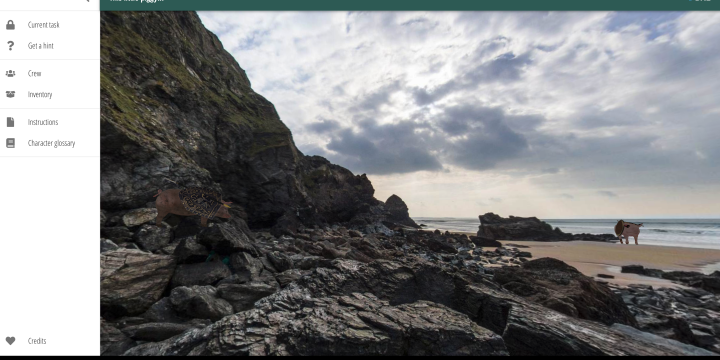This post was adapted from an article written by John Lynch, with contributions from Lisa Snyder, Annelie Rugg, Deidre Whitmore, Lucian Tucker, Todd Presner, Miriam Posner, and Patrik Svensson and originally posted on June 14, 2017. Every publication method, digital or analog, has a likely lifespan, that is, the length of time before it will stop being accessible unless it is significantly overhauled or replaced. The likely lifespan of well-cared-for paper books can be measured in decades, if not centuries; the likely lifespan of digital projects on the other hand is significantly dependent on the decisions made throughout the development process. This means that, without careful planning and management, digital scholarship is at high risk of being lost permanently. We’ve prepared this guide to help scholars understand the level of risk associated with…

